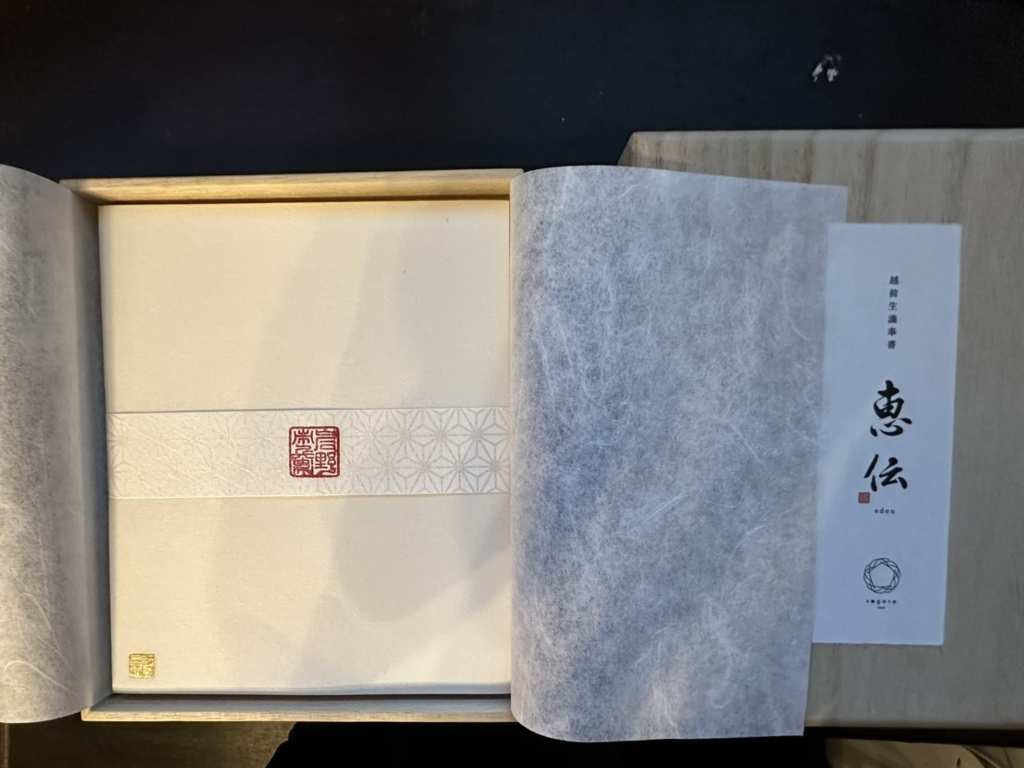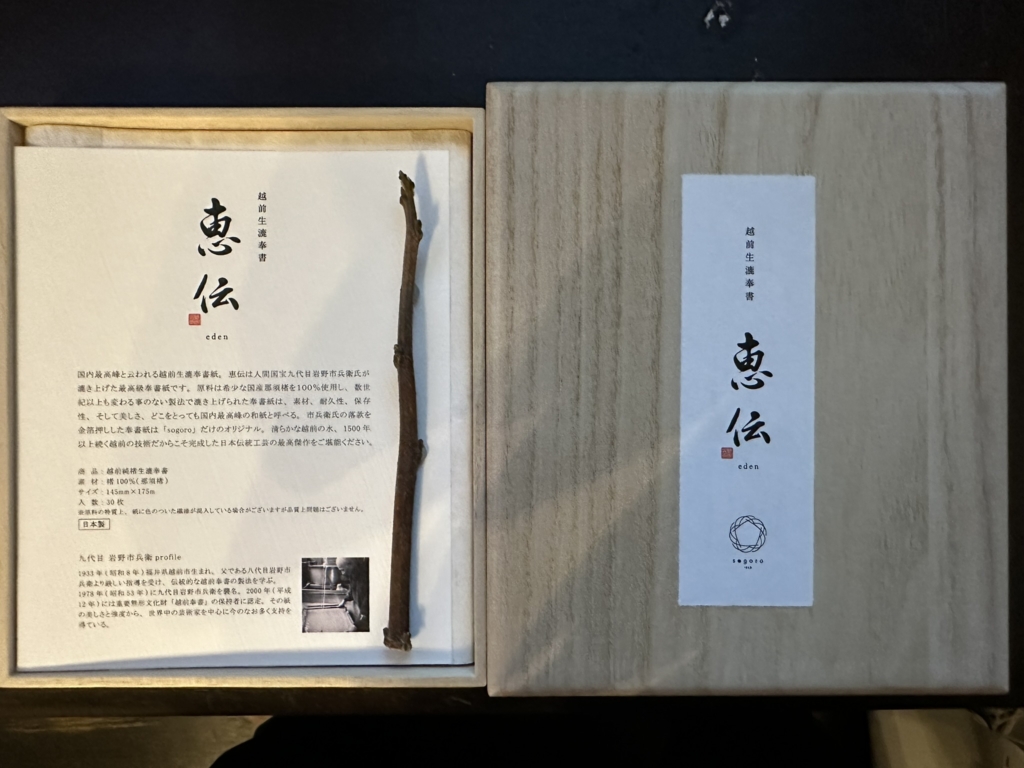
At Dios, we offer practical services such as cleaning, leasing, and housing support. But what we truly aim to deliver is not just “tasks” or “facilities.”
What we hold dearest is the invisible trust formed between hearts.
There is a principle that shapes the way we serve:
“Treat the person in front of you as if they were sacred.”
This is not an exaggeration. It could be as simple as quietly holding the door open for someone struggling with luggage, sincerely saying “Welcome” to someone who has traveled far, gently placing fresh fruit in a fridge, or recognizing loneliness behind someone’s demanding behavior and responding with kindness.
These actions aren’t written in manuals. But our staff at Dios always act based on “how we are as people.”
We don’t just aim for spotless cleaning—we strive to offer service that makes someone feel truly valued as a human being.
Working at Dios isn’t just a job—it’s an act of serving others, almost like a prayer.
Recently, I was deeply moved by one particular member of our team. For over 13 years, this individual quietly and faithfully supported our cleaning operations, day in and day out.
What moved me was not just her work ethic, but the way she approached her work: she once quietly placed fruit in the fridge for a foreign guest. When I asked why, she replied:
“I thought they might be hungry.”
Another time, when a guest was being particularly difficult, I wondered if we needed to push back. But she softly said:
“They’re probably just feeling lonely. Let’s accept that.”
From these words and actions, I learned that true service is not about correcting behavior, but about receiving people as they are—fully, gently, with care.
The heart of Dios was built by this kind of spirit.
To all our clients, to all our staff—this is what we want to share:
Dios is not a company that simply pursues “efficiency” or “performance.” We are a company that values human presence. Our services are born from “serving others with soul.”
And with this spirit in our hearts, we hope to continue walking alongside each and every person, in both their daily lives and in their moments of quiet need.
— Masahiro Fukai,
President, Dios Corporation
#SoulfulService #LeadershipWithHeart #DiosPhilosophy #CleaningWithCare #HumanCenteredBusiness








